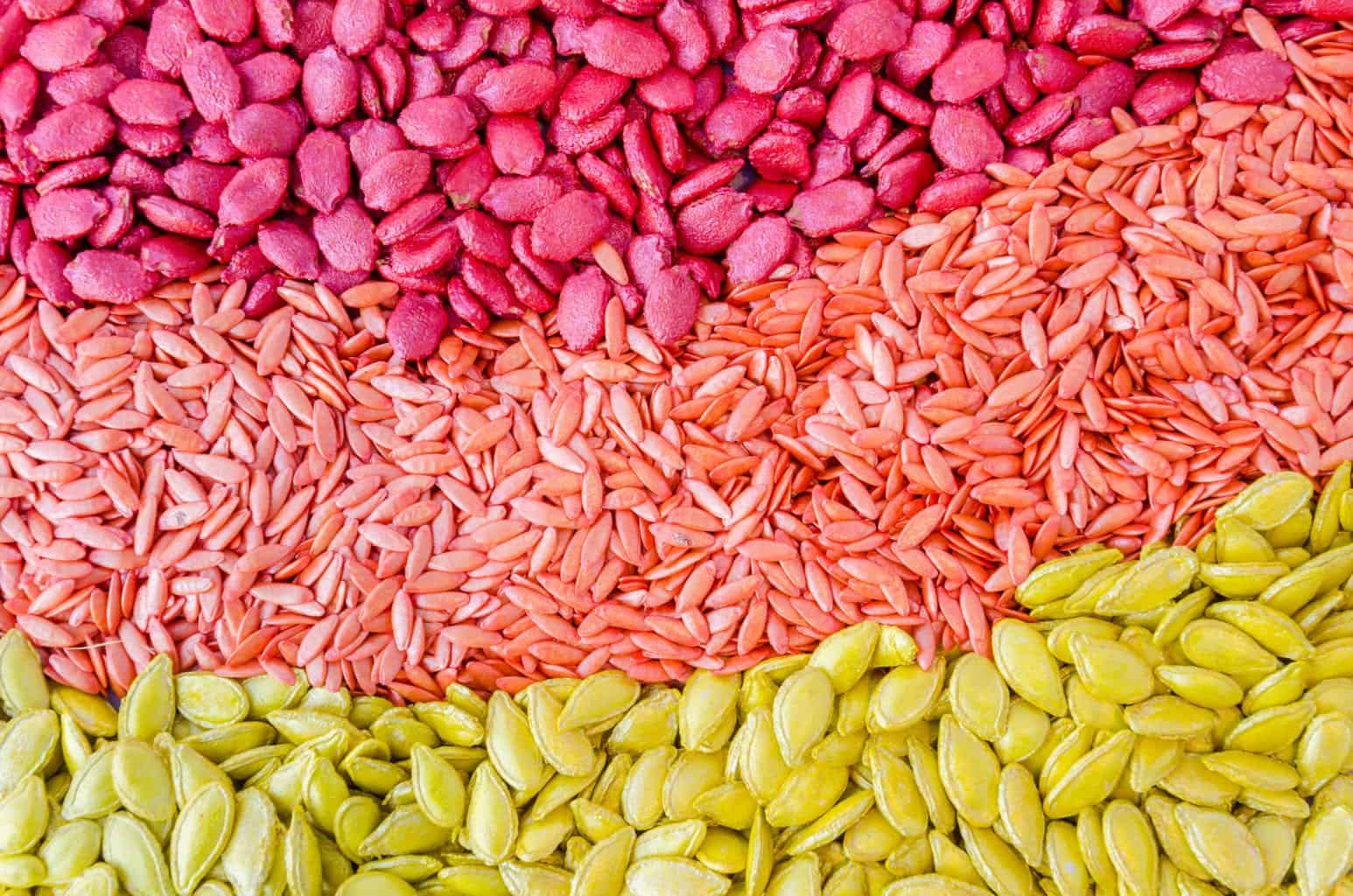The National Agricultural Seeds Council (NASC) has vowed to penalize any producer of agricultural seeds who fails to meet the minimum standard for quality in seed production, meanwhile emphasizing the importance of cassava in realizing the nation’s efforts to diversify the economy from petroleum to agriculture.
NASC Director General Philip Ojo made this disclosure in Lokoja during a three-day training workshop organized for prospective licensed seed inspectors under a basic third-party certification.
The NASC is one of several collaborative partners involved in the Bill and Melinda Gates Foundation-funded project Building an Economically Sustainable Integrated Cassava Seed System, also known as BASICS, which launched in 2016 with the goal of developing a cassava seed value chain for Nigeria in phases by addressing the factors that contribute to low productivity in cassava planting materials.
NASC Set to Distribute 81,000MT of Seeds to Farmers
As part of phase one, the project’s implementing partners have worked to develop virus-free seeds and seed tracking devices that help digitize cassava seed certification for greater efficiency. Among those involved include the National Agricultural Seeds Council, the National Root Crops Research Institute, Catholic Relief Services, Context Global Development, Fera and the International Institute for Tropical Agriculture.
Speaking on phase two, Ojo shared that great focus would be placed on escalating the engagement of third-party agents within an additional three states, namely Kogi, Abia and Oyo, and that the workshop is very key for stakeholders.
NASC Introduces Hybrid Maize to Farmers in Akwa Ibom
The director general went on to explain that 20 candidates had been pre-screened and selected for training as third-party agents in order to carry out private seed certification for cassava in Kogi State, just as 18 agents had done prior in Benue State.
Speaking with journalists, Gabriel Aina, a participant in the process, commended the council for the training and opportunity, which gave trainees a better idea of what it takes to have a successful bumper harvest.



